A Practical DevSecOps course teaches professionals to embed security practices into the DevOps pipeline, with security as a shared responsibility across the development, and operations teams. This course can provide you with hands-on experience with the tools and techniques necessary to automate security checks, process vulnerability and implement secure coding practices during the entire software development lifecycle. I will introduce these key concepts including continuous integration (CI), continuous delivery (CD), infrastructure as code (IaC) and containerization and how to secure each component. It usually includes automated security testing, risk assessments, compliance as code and threat modeling. Participants also get hands on practice of deploying security tools like static and dynamic analysis tools, dependency scanners and vulnerability management systems. Also important to the course is an emphasis on real world scenarios, meaning participants are able to respond to vulnerabilities, patch management, and be able to respond to incidents as they happen. At the end of the course, participants will be able to recognize.
 Top Ranked Cyber Secuirty Course By HACKING TEACHER
Top Ranked Cyber Secuirty Course By HACKING TEACHER































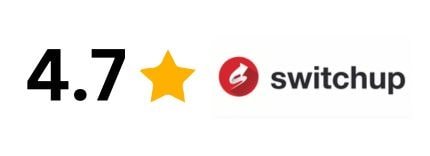
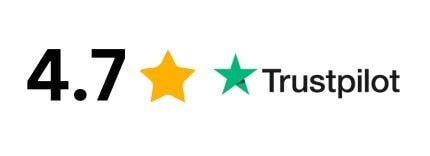

AI Powered Full Stack Web Development Course
Learn AI powered web development and futureproof your career to lead in an AI dominated tech industry.
When you adopt DevSecOps, you integrate security in the DevOps process but also you encourage a security culture from the beginning of your software development with the whole team. Whereas traditional methods treat security as an afterthought at the end of development, DevSecOps makes it a philosophy to develop security as an integral part of each stage of software development lifecycle (SCLC).
What is unique about DevSecOps is that it embodies the core principle of shifting security left, by integrating security directly into the developer workflow, as opposed to pressing it on at the time of deployment. As a result, organizations can detect vulnerabilities early on in the development cycle, before it’s too late and later moves into production. DevSecOps brings together teams of development, operations and security in a collaboration to facilitate communication, a way to make sure security is part of the workflow.
DevSecOps aims to reduce the time from detection of and fix for security issues to improving the software quality and to lower the risk of security breaches. Furthermore, integrating security early empowers DevSecOps to promote shared responsibility, with everyone on the team, from developers to operations engineers, responsible for the security of the applications they create and rollout.
In practice, DevSecOps also uses infrastructure as code (IaC) to standardise provisioning of standard infrastructure so that security configurations are consistent, auditable and documented. The end result is that DevSecOps enables organizations to release the software faster and more securely, without sacrificing security at the very core of its development process.
































Highest Salary
Average Salary
Hiring Partners


+ Unlimited Pwnbox usage
+ CPE credits submission
+ Unlimited Pwnbox usage
+ CPE credits submission
+ Unlimited Pwnbox usage
+ CPE credits submission
+ Unlimited Pwnbox usage
+ CPE credits submission
The Hacking Teacher Certification teaches educators about teaching ethical hacking and cybersecurity with the proper skills. This program offers extensive training on some of the most technology pressing issues facing the cyber security world today including penetration testing, threat analysis and secure coding. It is ideal for IT professionals and trainers to ensure that all knowledge is transferred for audiences to inspire the next generation of cybersecurity experts.

We focus on essential exploiting topics such as SQL Injection, Wireless Networks, IoT Hacking, Cloud Computing, social engineering, sniffing, and session hi jacking.










Enterprise Attack Simulation Training is an opportunity to practice simulating cyberattacks against corporate networks on a hands-on basis. Participants learn how to find vulnerabilities, to exploit weaknesses and to evaluate system defenses using advanced tools and methodologies.
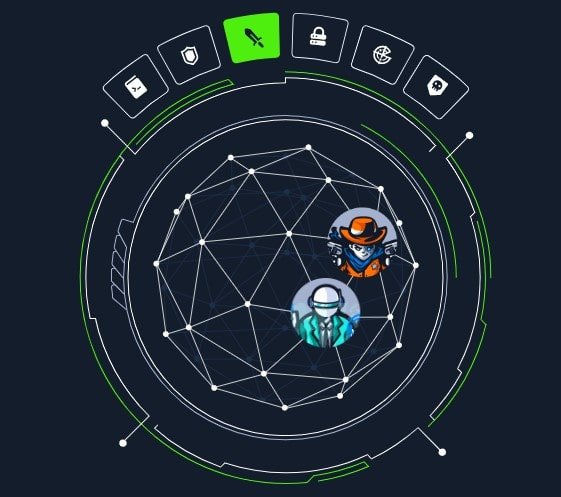
The practice is in live, not simulated virtual IT labs built according to the leading vendors certifications, including: Apart from these CompTIA, Microsoft, Cisco, VMware etc." Our labs were designed to be interactive, and targeted towards a lot of real world experience so learners can hone their practical skills. We work with subject matter experts on networking, security, cloud computing and more, and we create and deliver labs based on these core IT competencies.

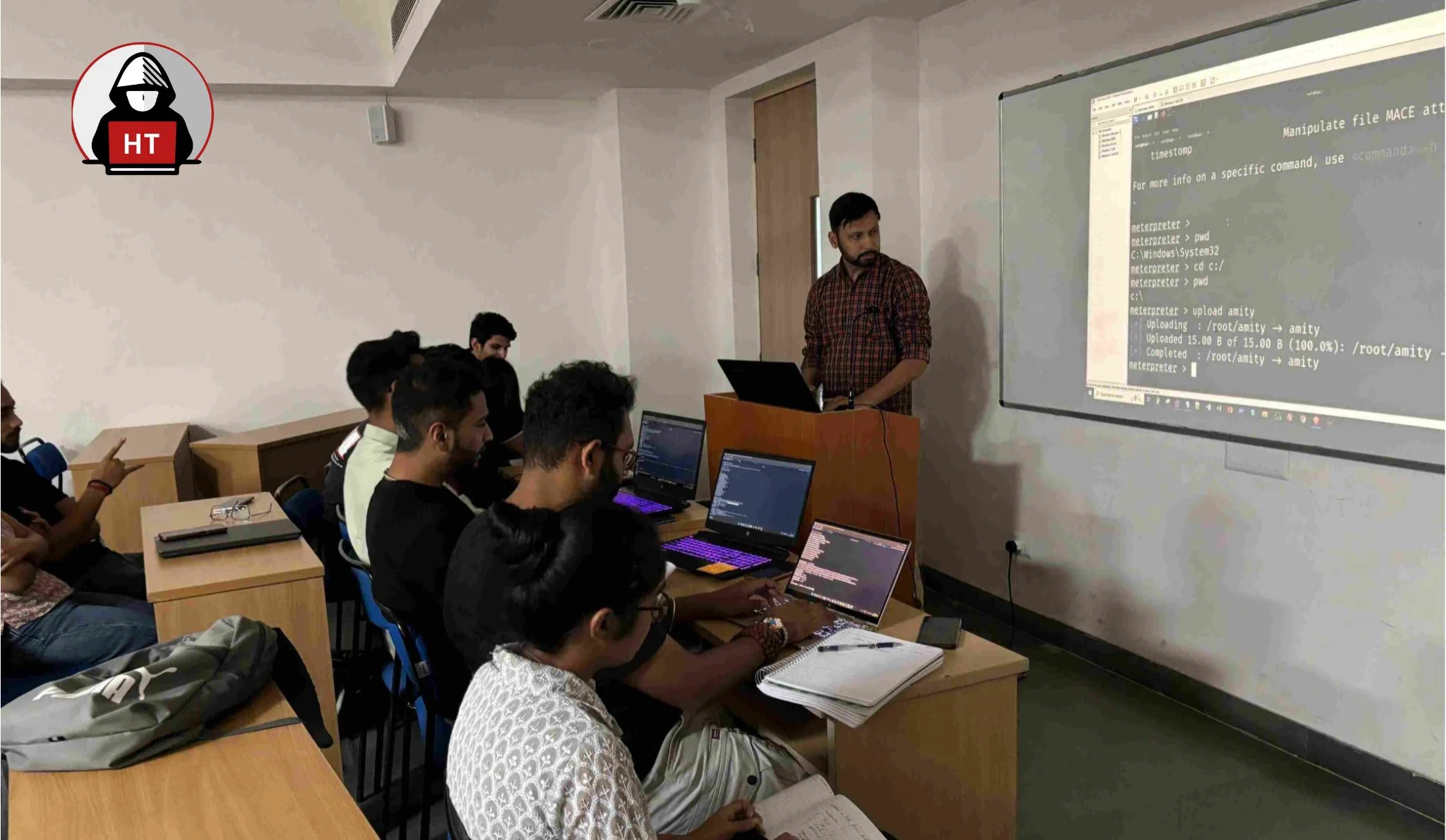
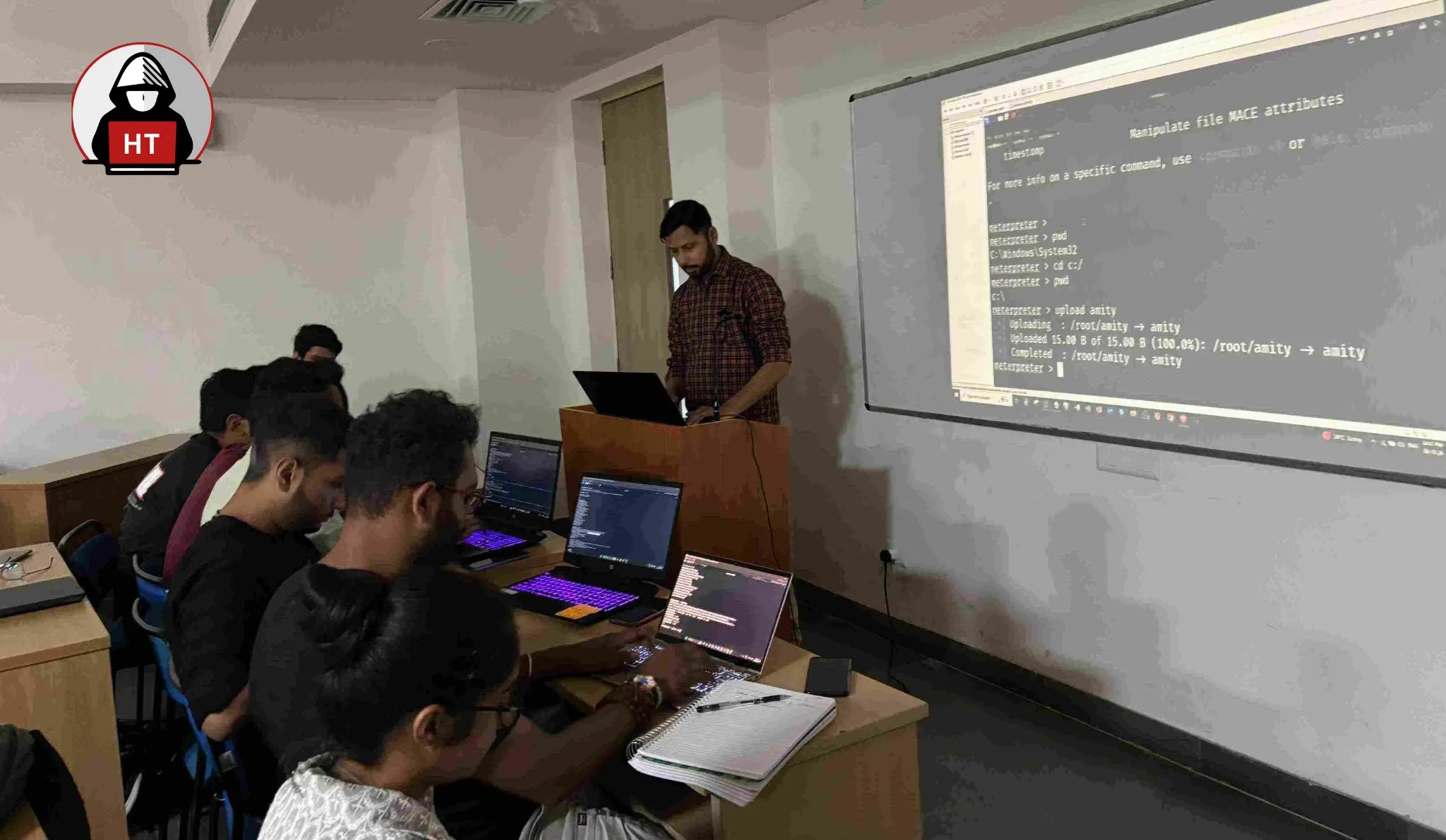
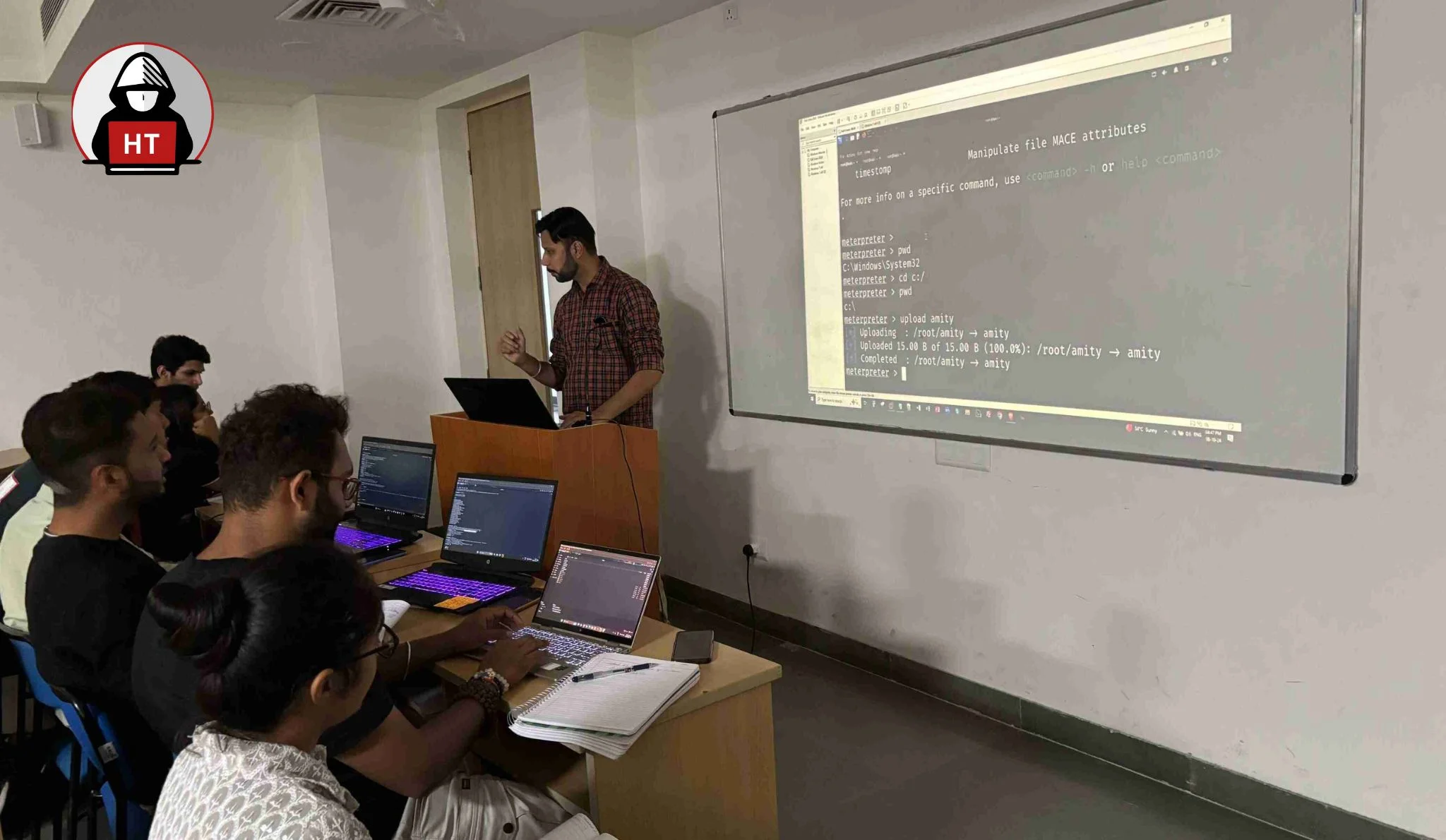
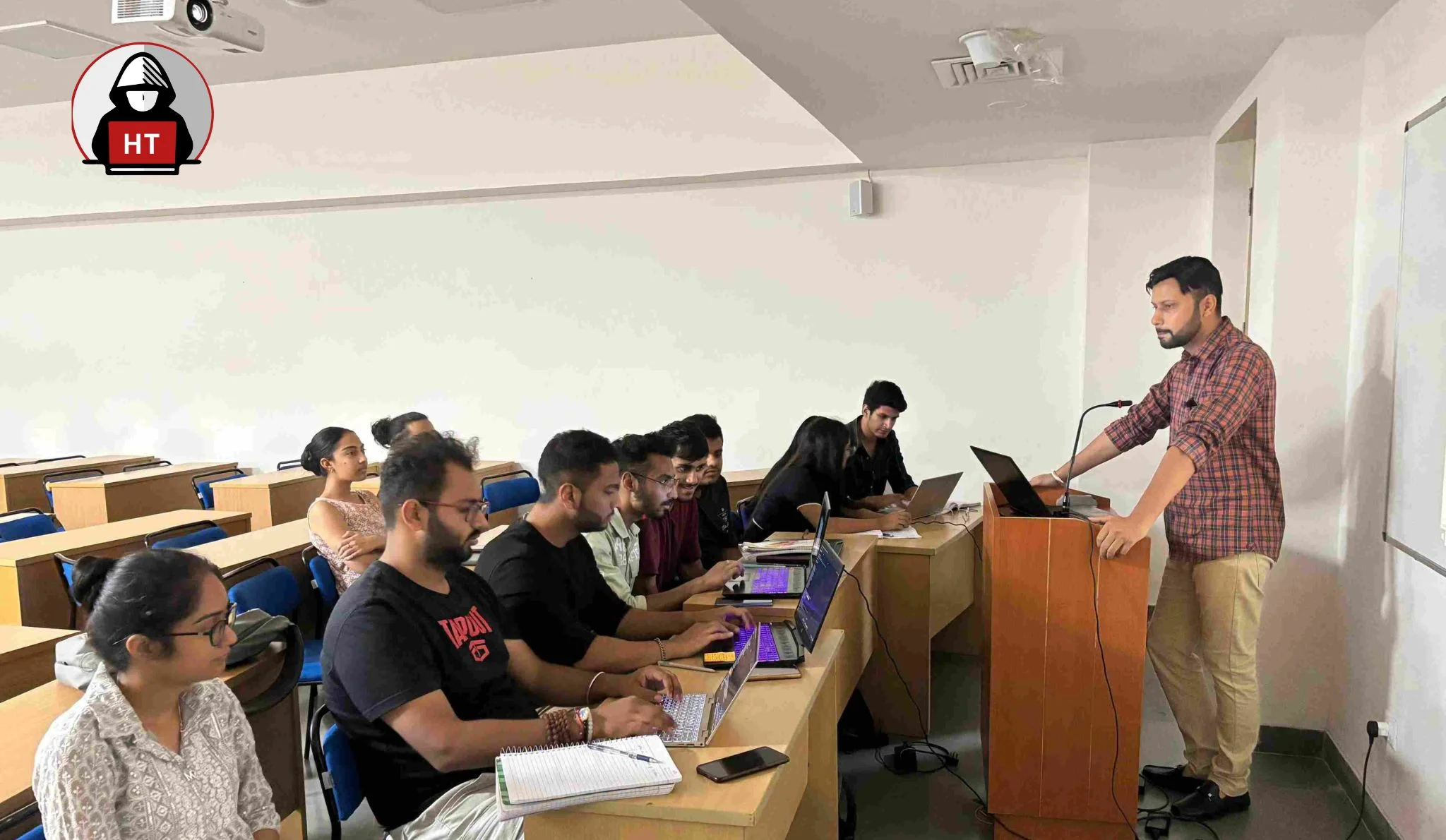
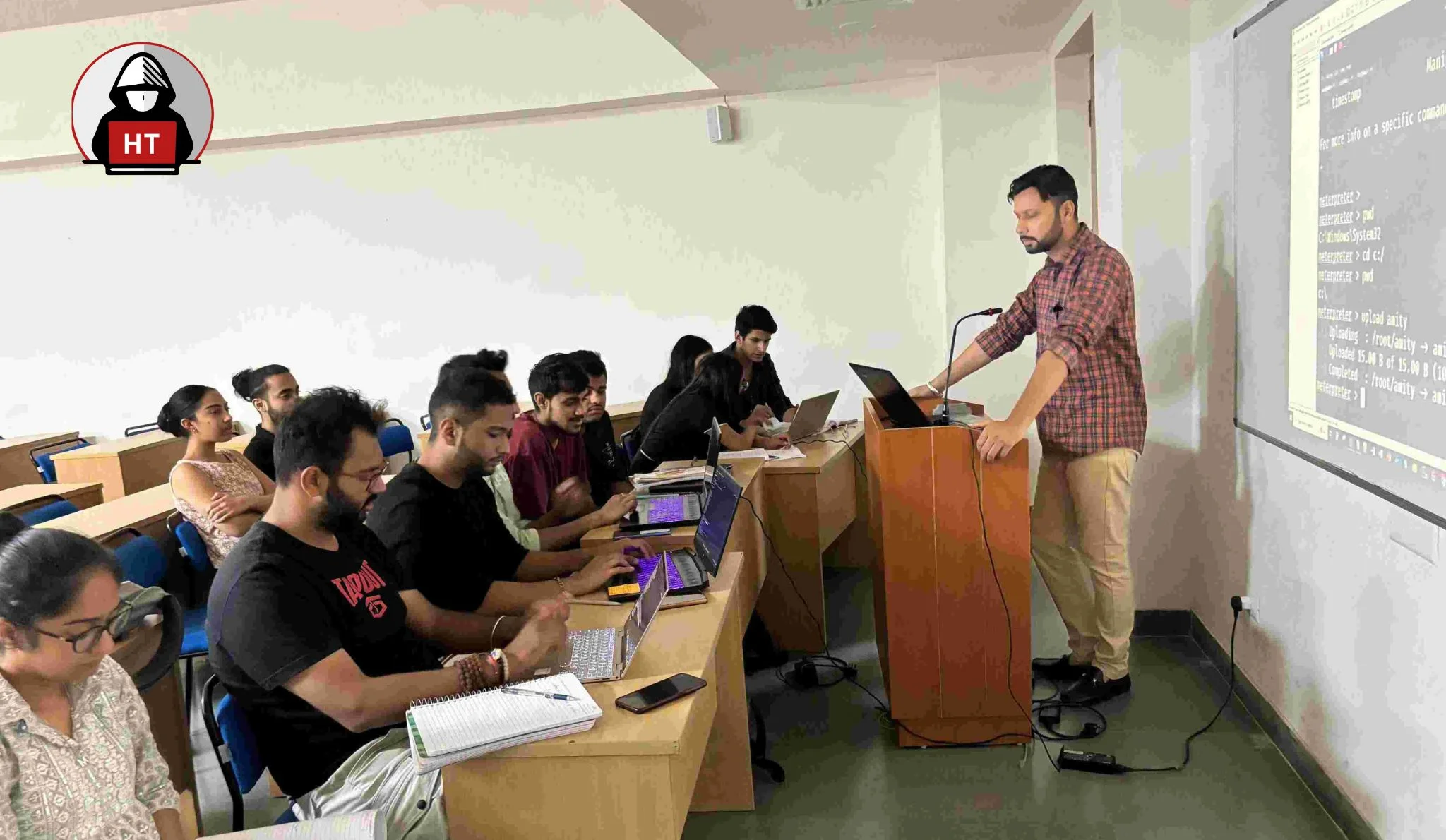
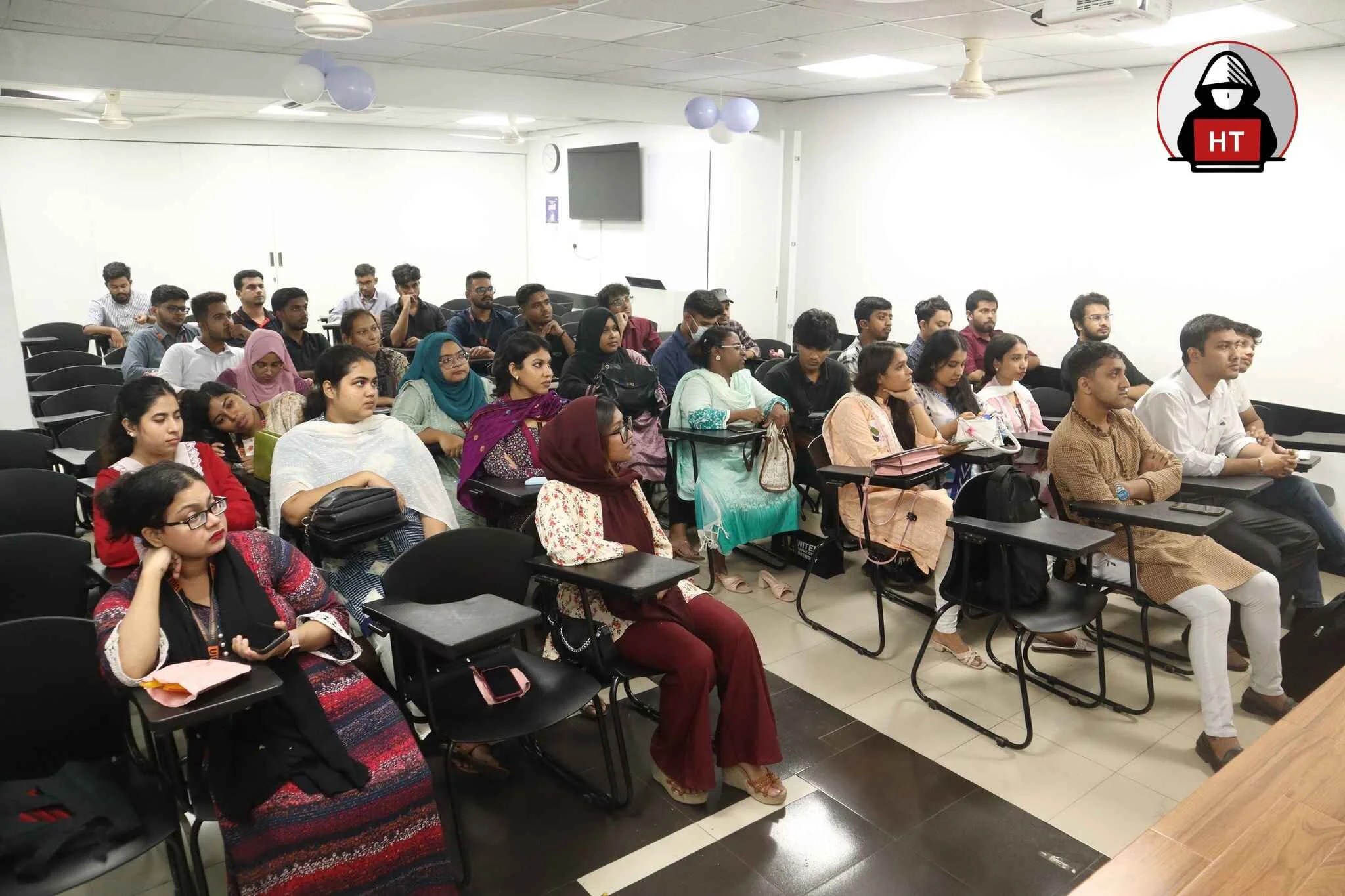
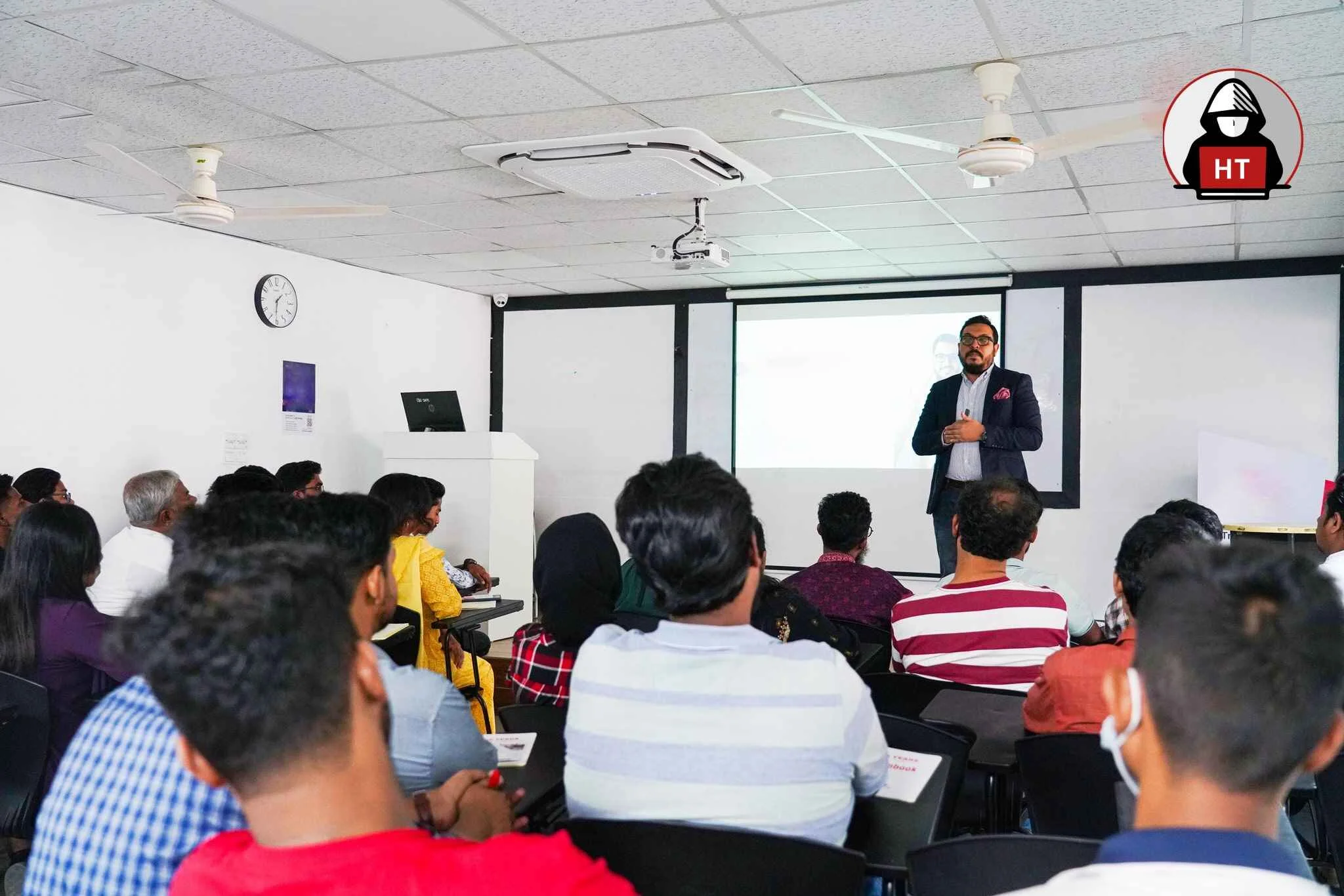
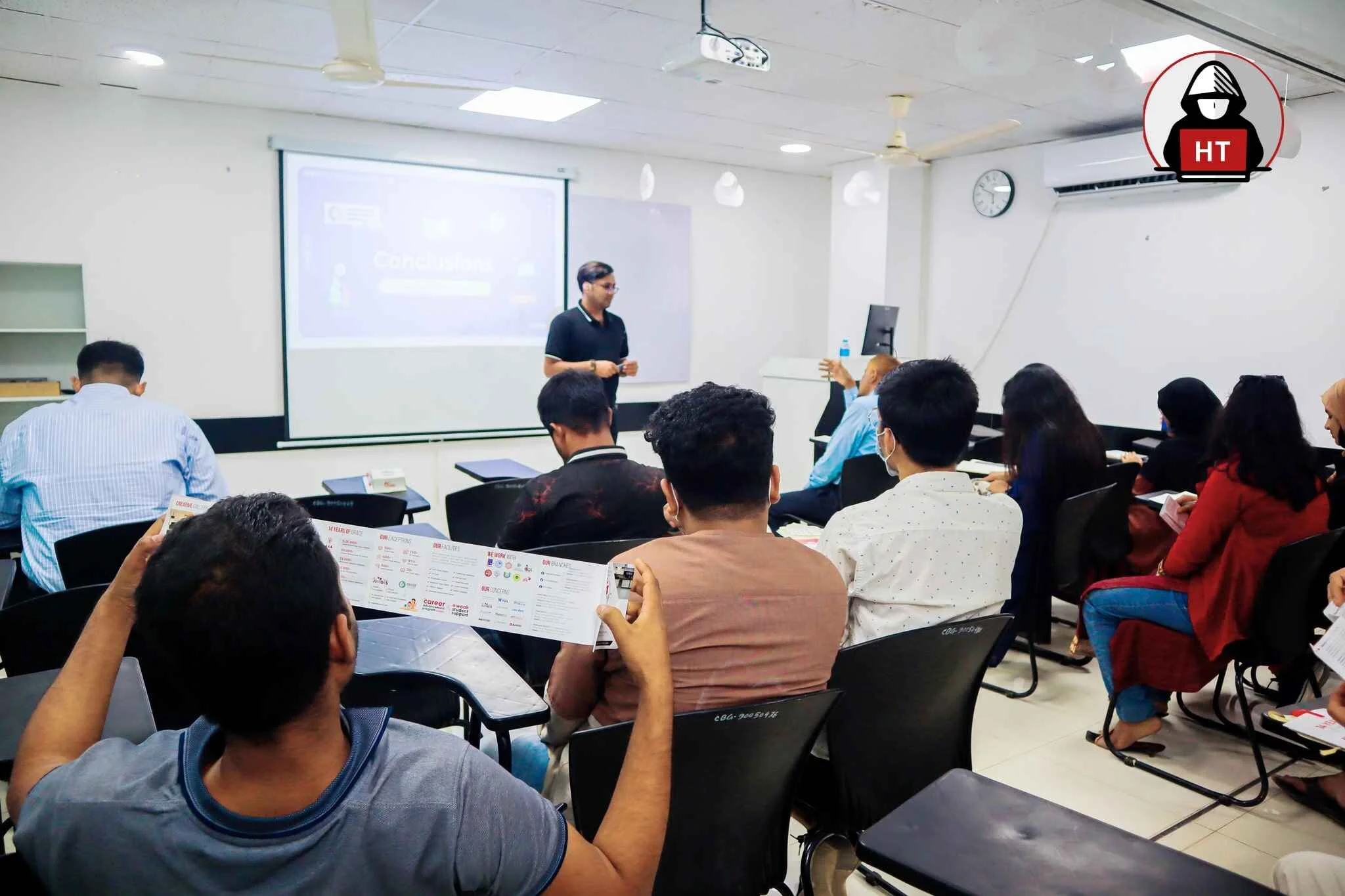
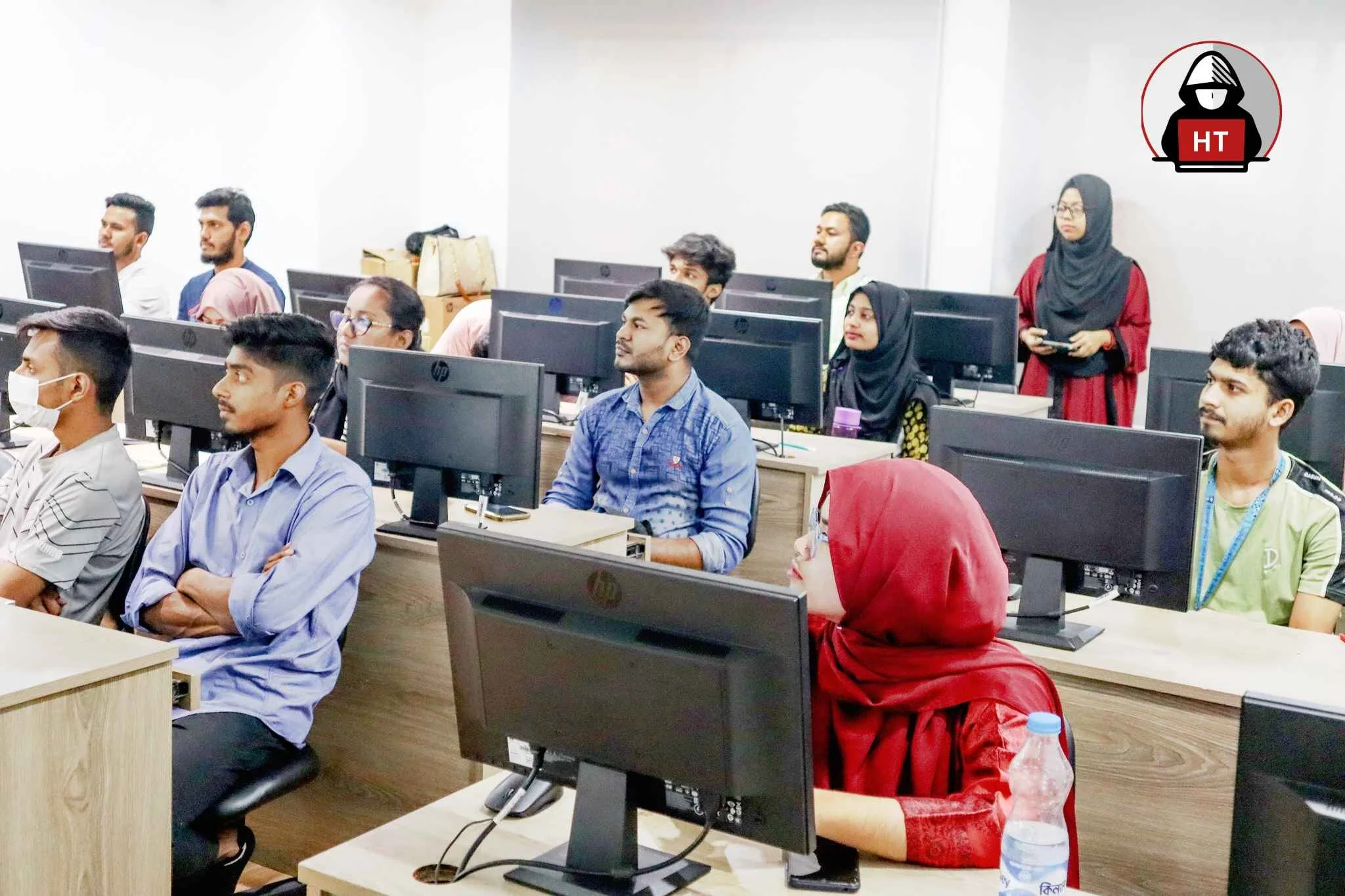
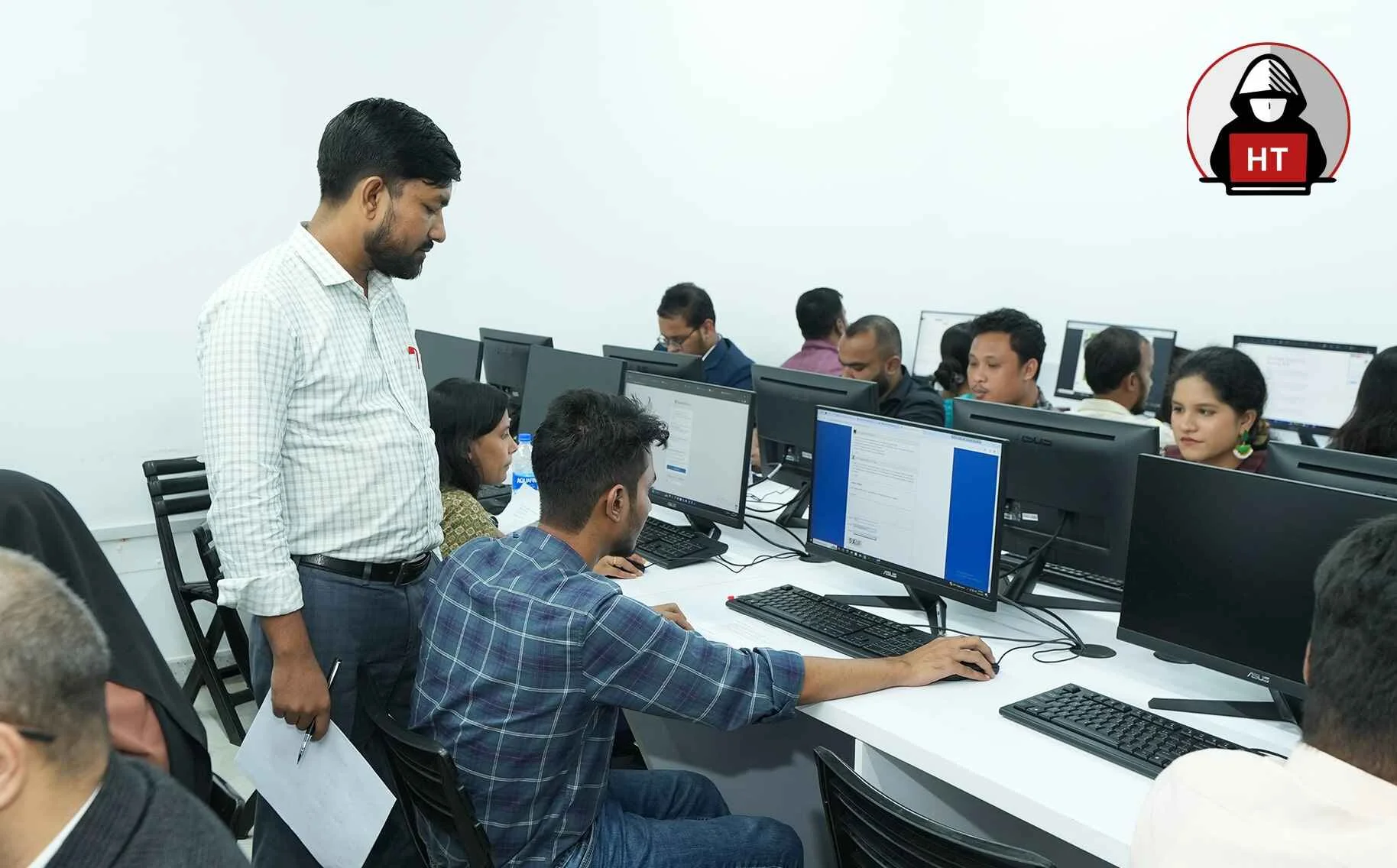
Hacking teacher Learning is here to ensure that you don’t get left behind in a world of technology that is too quickly changing. On a day to day basis, we’re recording and sharing content that can impact your bottom line.

The Practical DevSecOps is an introduction to integrating security practices into the software development lifecycle (SDLC) using the DevSecOps approach. The major aspect of it is that security should be included in all the stages of development; it’s not just a thing of bolt-on afterthought. This course takes a security glossary of security concepts and adds a security layer to the foundational principles of DevOps, thereby translating security into each step of the continuous integration (CI) and continuous deployment (CD) pipelines.
Automated security testing, threat modeling, vulnerability management, code analysis and compliance monitoring are key topics to name just a few. The course also teaches how to use tools like OWASP ZAP, Snyk, Docker and Kubernetes to secure applications, containers and microservices.
Students learn how to properly perform security scans, and set up practices to secure code, as well as handle security incidents.Furthermore, the course looks at how development, security, and operation teams collaborate together, building a culture of shared ownership for security. There is an emphasis on security policies, security check automation and securing cloud environments.
The Practical DevSecOps Course is for software development, security, and operations professionals looking to integrate security into the DevOps pipeline. That could be DevOps Engineers, Security Engineers, Software Developers, System Administrators as well as Cloud Architects. This may also be of use to Penetration Testers and Compliance Professionals looking to build up their application and infrastructure security skillset.
Furthermore, those reading into Continuous Integration/Continuous Deployment (CI/CD) and cloud security will also find this guide useful. This course is meant for anyone who wants to enhance their secure coding practices, automates security, and manages vulnerabilities in an agile environment.
The Practical DevSecOps Course teaches you how to use some of the computer tools that are actually needed for DevOps security integration. These tools automate security tasks, scan for vulnerabilities and make sure your code, infra, and deployments are secure. Key tools you’ll learn to use include
OWASP ZAP: Code exposed in 2012 on GitHub, an open source tool for automated security testing of web applications, used to find vulnerabilities such as cross site scripting (XSS) and SQL injection.
The Practical DevSecOps Course teaches you how to use some of the computer tools that are actually needed for DevOps security integration. These tools automate security tasks, scan for vulnerabilities and make sure your code, infra, and deployments are secure. Key tools you’ll learn to use include
OWASP ZAP: Code exposed in 2012 on GitHub, an open source tool for automated security testing of web applications, used to find vulnerabilities such as cross site scripting (XSS) and SQL injection.
Snyk: A tool that plugs in into your CI/CD pipelines and help you to find vulnerabilities in your code's dependencies. Docker: This will teach you how to leverage Docker* to build containerized applications that are secure, that is, your containers are not vulnerable. Kubernetes: Knowing the right way to protect your container orchestration platform especially when dealing with microservices and cloud native applications. SonarQube: Static code analysis tool that helps to find and fix bugs, vulnerabilities and security issues into your code before you deploy.
It’s not necessary to have prior experience in DevOps or security before enrolling in the Practical DevSecOps Course, including that you know what either one is. The course is approachable if you have any experience around the DevOps practices like continuous integration and deployment (CI/CD) or if you know things like the basics of security like vulnerability management, secure coding, etc.
The course is aimed at beginners, however, even if you're new to either DevOps or security it will still be of value assuming you have a basic understanding of how IT works.

Interview wifi Hacking

Life of Hacking Teacher
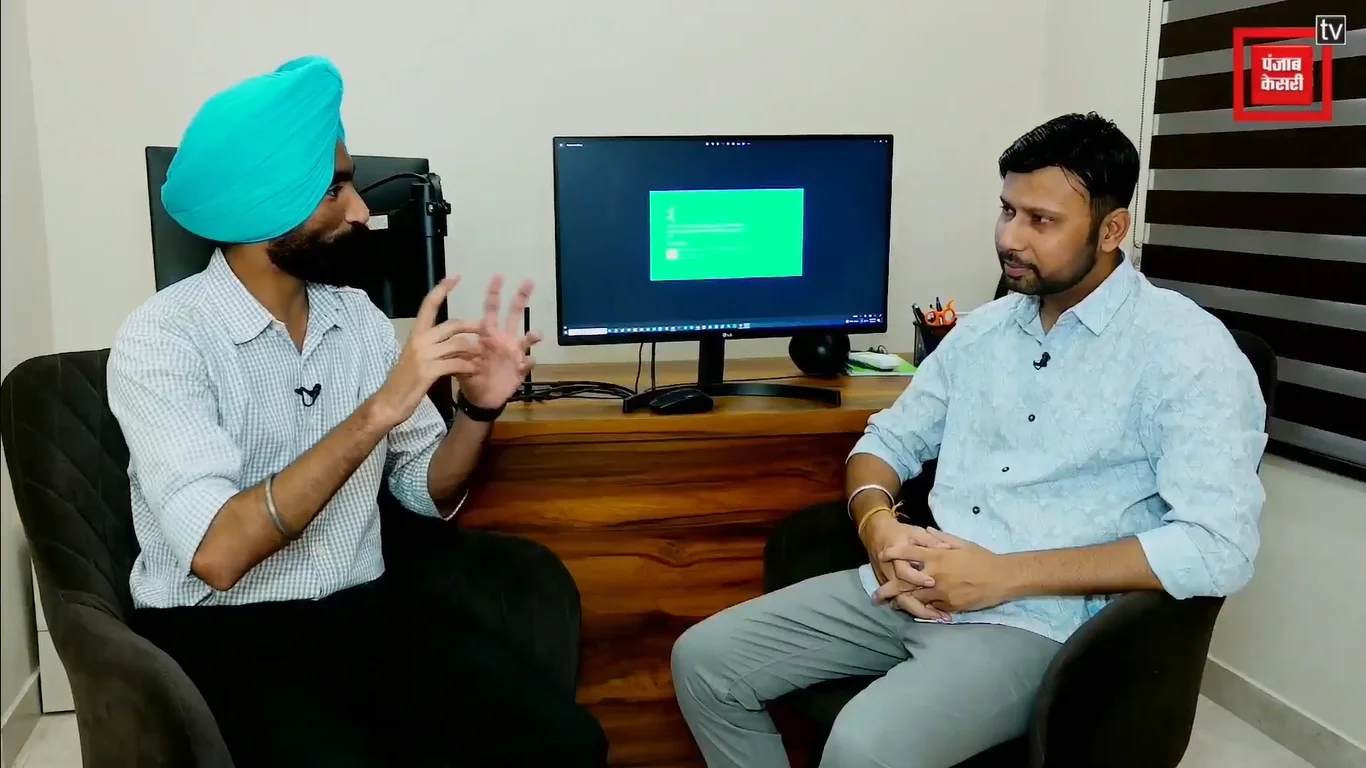
Microsoft on Vishal Sharma

Software Engineer at Invert
“Hacking Teacher’s DLP & Incident Response course is a comprehensive guide to mastering Data Loss Prevention (DLP) strategies and effective incident response techniques. With clear explanations and practical examples, this course equips learners with the knowledge and skills needed to protect sensitive data and mitigate security breaches.”

Software Engineer at Bolt
“Dive deep into DLP & Incident Response with Hacking Teacher’s expert-led course. Whether you’re new to cybersecurity or looking to enhance your skills, this training provides valuable insights into identifying, mitigating, and responding to data breaches effectively. Don’t wait until it’s too late – enroll in this course to safeguard your organization’s data today.

Data Analysis at Vasno
“Elevate your cybersecurity expertise with Hacking Teacher’s DLP & Incident Response course. Gain practical experience and insider knowledge to detect, prevent, and respond to data breaches with confidence. Stay ahead of threats and protect your organization’s valuable assets with this essential training.”
FAQ
Our online courses are tailored to your specific needs, whether you are an experienced senior executive or a rookie leader.
Lorem ipsum, dolor sit amet consectetur adipisicing elit. Eum laborum qui tempora numquam!
A practical DevSecOps course is taught, which teaches how to insert security best practices into the DevOps workflow to design and build secure apps and infrastructure with hands-on experience with tools and processes.
The course duration varies, generally ranging between 2 days to 3 months depending upon the particular course provider and depth of the course.
There is usually a requirement for basic knowledge of DevOps, software development, Linux, cloud platforms and knowledge of programming or scripting languages. First – What’s the best course for a practical DevSecOps course?Some top courses include: Coursera: Practical DevSecOps ©DevSecOps Professional ©(CDP)", DevOps Security Fundamentals", Udemy: DevSecOps: Hands-On Guide", SANS Institute: SEC540: Cloud Security and DevSecOps Automation
Yes, there are plenty of intensive courses, covering boot camps, and even online certifications that last 1 month.
Practical DevSecOps 'Certified DevSecOps Professional (CDP)diploma is one of the best diplomas for practical DevSecOps training which is widely known.
Roles in a career in DevSecOps could be DevSecOps Engineer, Security Automation Engineer, Application Security Specialist, to the likes of Cloud Security Engineer, and would find opportunities in tech companies, banks, financial institutions or even government organizations.
Self study is possible from online resources, watching tutorials, and practicing with Jenkins, Docker, Kubernetes, etc; plus use of tools like OWASP zAP and SonarQube as security tools.
If you’re new to the world of DevSecOps, the "AWS Certified Security - Specialty" and "Practical DevSecOps - CDP" certifications will make great starting points.
To follow along, you should have a basic understanding of DevOps practices, programming/scripting (I.e. Python, Bash), some experience in using CI/CD tools, understand how to spin up services/cloud platforms (I.e. AWS, Azure), and the willingness to learn security fundamentals.
Some basic knowledge about the DevOps tools and practices.The process of software development. Would be great to have familiarity with Linux systems and some familiarity with cloud platforms as well as some basic programming. Getting interested in security automation and secure software development. Is OSCP Training best practice as a practical DevSecOps course? If you're thinking about it, no, they're not.
The difficulty level of the course is quite high given that you need to know DevOps, programming and security concepts. But, with patience and practice, it is bearable.
Practical DevSecOps (CDP certifications). (various practical DevSecOps courses) – Udemy. DevSecOps focused tracks is on Coursera. SANS Institute (SEC540: -* Cloud Security and DevSecOps Automation).
And yes, there's a Practical DevSecOps Course available over many online learning platforms such as Udemy, LinkedIn Learning, Pluralsight, etc giving high quality, hands on training. The course includes the tools and methodologies centered on DevSecOps terms and secure coding practices, automated security testing at all levels of the stack, and vulnerability management to be included in CI/CD pipelines. It also gives an introduction in using industry standard tools like Docker, Kubernetes and OWASP ZAP.
(ISC)² provide the best CISSP training courses as they are the certifying body. Simplilearn and Cybrary also offer high quality of CISSP training along with practice exams, study materials and expert guidance.